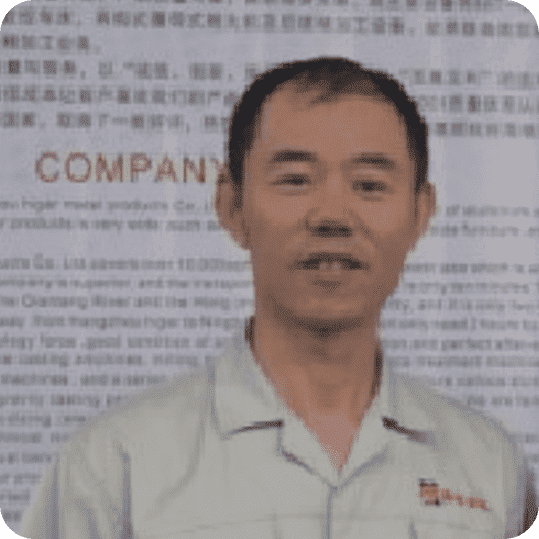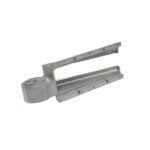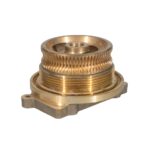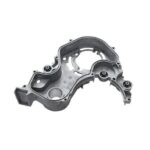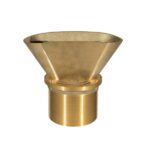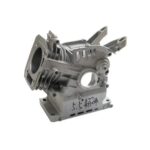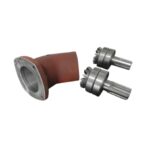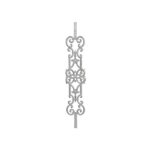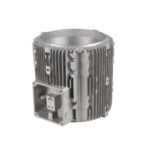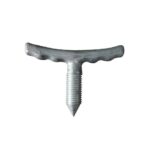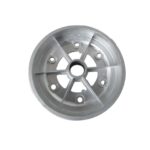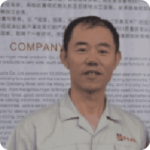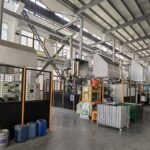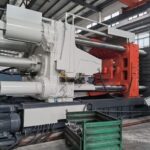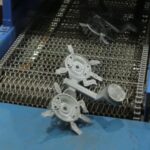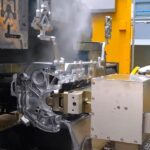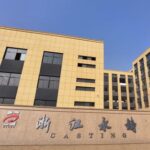
What is a Road Sign Post?
A road sign post is a vertical structure used to mount road signs, directing traffic and ensuring road safety.
These posts are typically made from a variety of materials, including steel, concrete, and increasingly, aluminum alloys due to their lightweight, corrosion resistance, and strength.
Key Features of Road Sign Posts:
- Function: Supports road signs for traffic regulation, safety warnings, and navigation.
- Materials: Traditionally made from metal (steel or aluminum), concrete, or plastic.
- Standards: Road signs and their posts must meet specific national or international standards to ensure safety and durability.
Types of Road Signs:
- Regulatory signs (stop, yield, speed limits)
- Warning signs (slippery roads, school zones)
- Guide signs (directions, distances)
- Informational signs (public facilities, emergency services)
What areas are subject to extreme weather?
Certain regions around the world are subject to extreme weather conditions.
These conditions significantly influence the materials chosen for infrastructure like road sign posts. Here’s a breakdown of areas frequently experiencing extreme weather:
| Weather Condition | Regions Affected | Example Areas | Duration |
|---|---|---|---|
| High Temperatures | Deserts, Tropics | Sahara Desert, Australian Outback, Dubai | Summer months, year-round in some areas |
| Strong Winds | Coastal, Storm-Prone Areas | Southeast US, Caribbean, Japan East Coast | Hurricane season (June-November) |
| Snowstorms/Ice | Cold Climate Regions | Canada, Russia, Sweden | Winter months (November-February) |
Aluminum Alloy Adaptations for Extreme Conditions:
- High Temperature Areas: For desert regions or areas experiencing extreme heat, aluminum alloys with high heat tolerance are necessary. These alloys prevent warping or weakening under the sun’s intense rays.
- Strong Wind Areas: Areas like coastal regions with frequent strong winds need corrosion-resistant aluminum alloys that can handle wind pressure without deteriorating over time.
- Snow and Ice Areas: For areas with cold weather, the aluminum used must have low-temperature resistance and high mechanical strength to prevent brittleness.
How Do Road Sign Posts in Extreme Weather Regions Differ from Those in Regular Areas?
Road signs and their posts in extreme weather areas require special considerations to ensure that they maintain their functionality over time. Here’s how they differ:
- Material Strength: In extreme weather areas, the materials used for road sign posts need to be more resilient to environmental stress. Regular regions may use basic aluminum alloys, while extreme weather areas often require specialized alloys that are resistant to rust, UV degradation, and temperature fluctuations.
- Design and Structure: In areas with strong winds or heavy snow, road sign posts need to be designed to resist bending or breaking. This includes stronger, more durable materials like thicker aluminum alloys or specialized coatings.
- Surface Treatment: In coastal or highly humid areas, a protective coating such as anodizing or powder coating is applied to aluminum to prevent corrosion. In regions with intense sunlight, UV-resistant coatings are essential.
Key Differences Based on Region:
| Feature | Extreme Weather Regions | Regular Weather Regions |
|---|---|---|
| Material Choice | High-strength aluminum alloys | Standard aluminum alloys |
| Surface Coatings | Anodizing, powder coating | Minimal or no coating |
| Design Strength | Reinforced, thicker posts | Standard posts |
| Impact Resistance | High resistance to impact | Lower resistance |
What Aluminum Alloy Formulas Are Suitable for Extreme Weather Conditions?
When selecting an aluminum alloy for road sign post brackets, it’s essential to choose the right composition based on the environmental conditions. Here are some commonly used alloys for extreme weather conditions:
- For High-Temperature Regions: Alloys such as 6061 and 6063 are ideal because they offer excellent heat resistance, are lightweight, and are highly corrosion-resistant.
- For Strong Wind Areas: Alloys like 5083 are often used in coastal areas because of their excellent strength and resistance to saltwater corrosion.
- For Cold Climates: Alloys like 7075, which have high mechanical strength, are preferred in cold, snowy regions.
How to Test Durability and Certification for Aluminum Alloy Road Sign Posts?
Ensuring that aluminum alloy road sign posts can withstand extreme weather conditions involves rigorous testing. Here are the primary methods and certifications:
- Weather Resistance Testing: Tests such as UV exposure, salt spray tests for corrosion, and temperature cycling are used to simulate extreme weather.
- Impact and Stress Testing: This evaluates how well the sign posts can withstand physical damage from high winds, accidents, or falling debris.
- ISO and ASTM Standards: Aluminum alloys should comply with international standards like ISO 9001 for quality management and ASTM B209 for aluminum alloy sheets and plates.
Choosing the right aluminum alloy for road sign post brackets is critical in regions with extreme weather conditions.
Searching for High-Quality for Cast Aluminum Parts?
You’ve come to the right place! Yongzhu Casting is a certified die casting manufacturer with over 20 years of expertise in the industry.
We have successfully completed numerous die casting projects for Aluminum casting parts, particularly in your industry.

Zhejiang Yongzhu Casting Technology Co., Ltd.
Location: Zhejiang, China
Company type: Manufacturers, Producers, Wholesalers
Year Founded: 2004
Main Products: Aluminium die casting, Mold Making, Die Casting, Sand Casting, Gravity Casting
Leading Chinese producer Yongzhu Casting is formerly known as Hangzhou Higer Metal Products Co., Ltd., was established in 2004.
With 20 years of experience in the industry, we are a specialized manufacturer in Aluminum casting and Machining.
Our products are widely used in various applications such as Automotive, Energy, Lighting, Medical, Home Furnishings, Machinery & Equipment etc. Below are our advantages:
1. Design Review & DFM Support
Our professionals will evaluate your designs and provide suggestions for cost savings. Additionally, we offer Design for Manufacturing (DFM) assistance and conduct mold flow analyses to facilitate efficient production.
2. State-of-the-Art Manufacturing Equipment
Our facility is equipped with advanced hot-chamber and cold-chamber die casting machinery for aluminum and zinc production.
We also utilize high-precision CNC machines in a temperature-controlled workshop, featuring 3-Axis, 4-Axis and 5-Axis setups to manage any project you have.
3. Rigorous Quality Control Measures
Our dedicated quality control team ensures that all parts meet the highest standards of quality and consistency. We employ high-accuracy measurement instruments, including CMM, spectrometers, and X-ray detectors.
4. Comprehensive Surface Treatment Options
We provide a variety of surface finishing techniques for your precision die casting components. Our in-house services include cleaning, polishing, anodizing, shot blasting, and painting.
5. Flexible Project Acceptance
While larger manufacturers often shy away from low-volume projects, and smaller ones may struggle with quality, Yongzhu Casting stands apart. We prioritize customer satisfaction and willingly accept high-mix, low-volume projects like yours.


